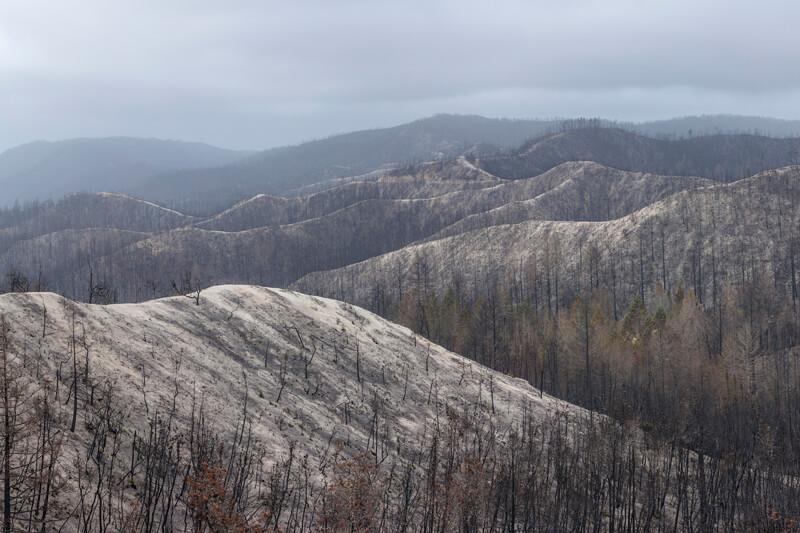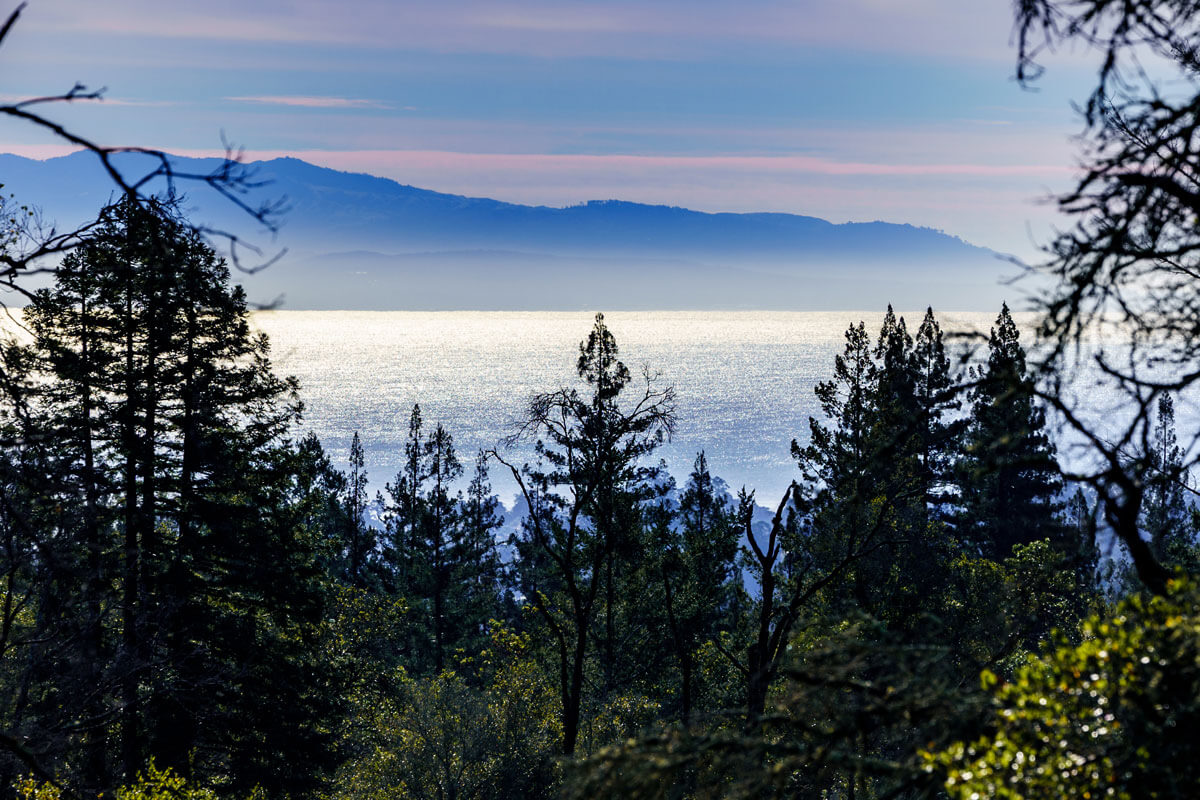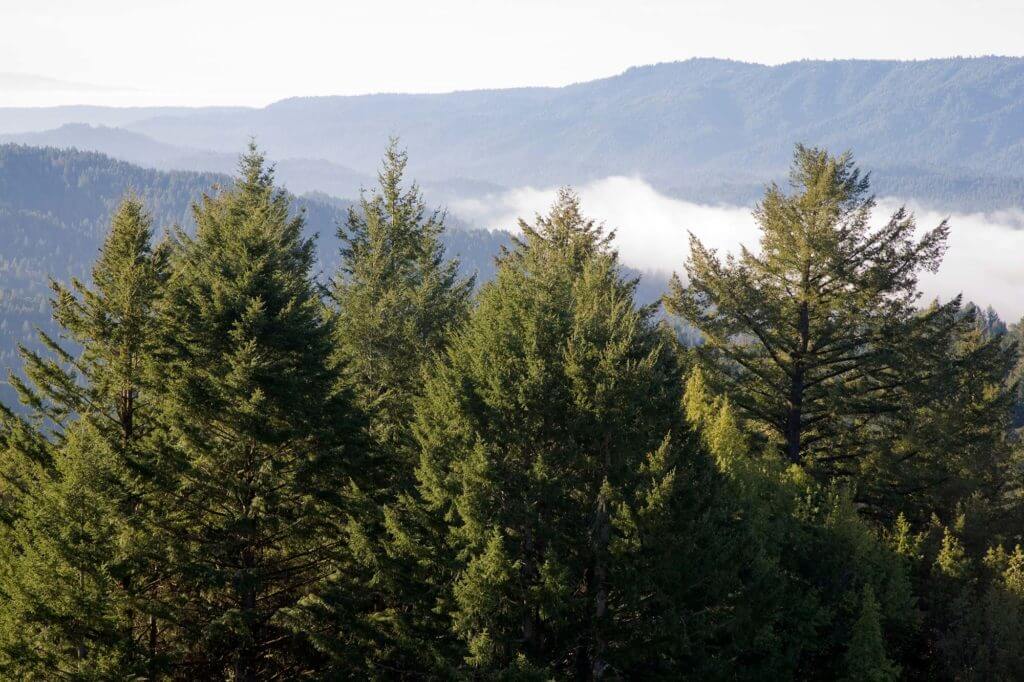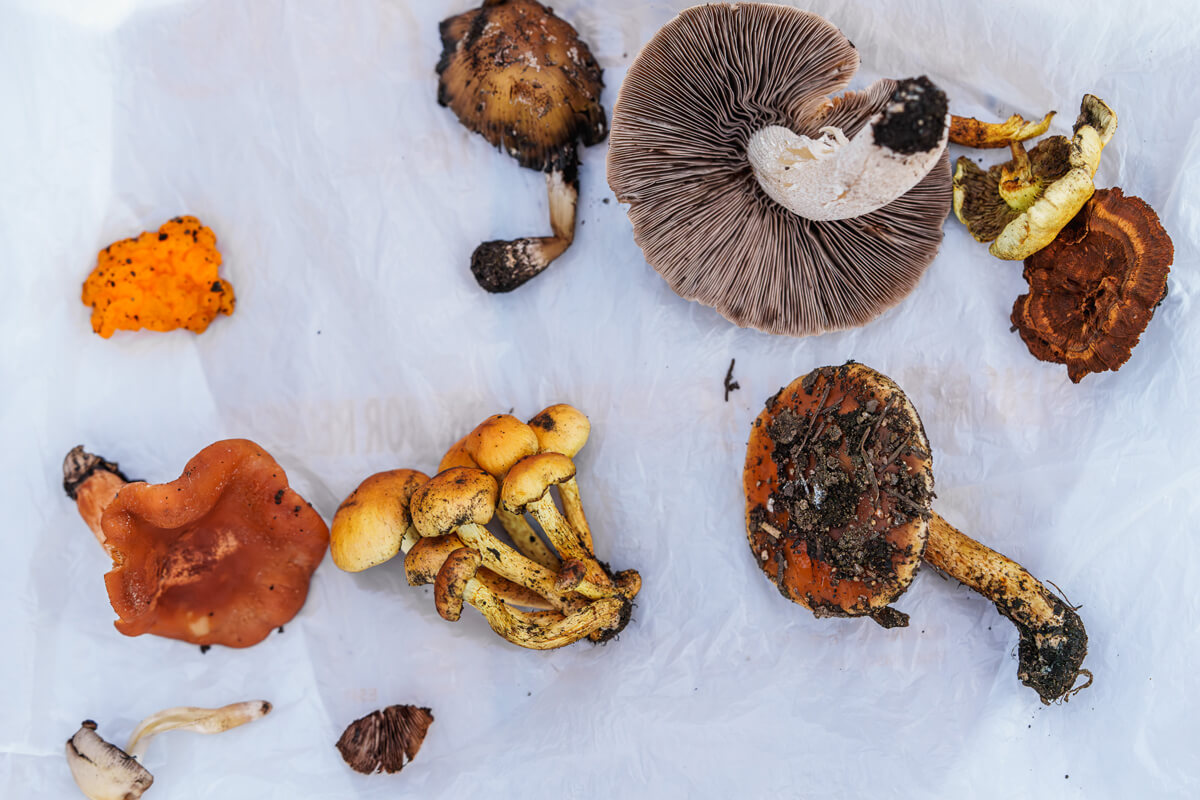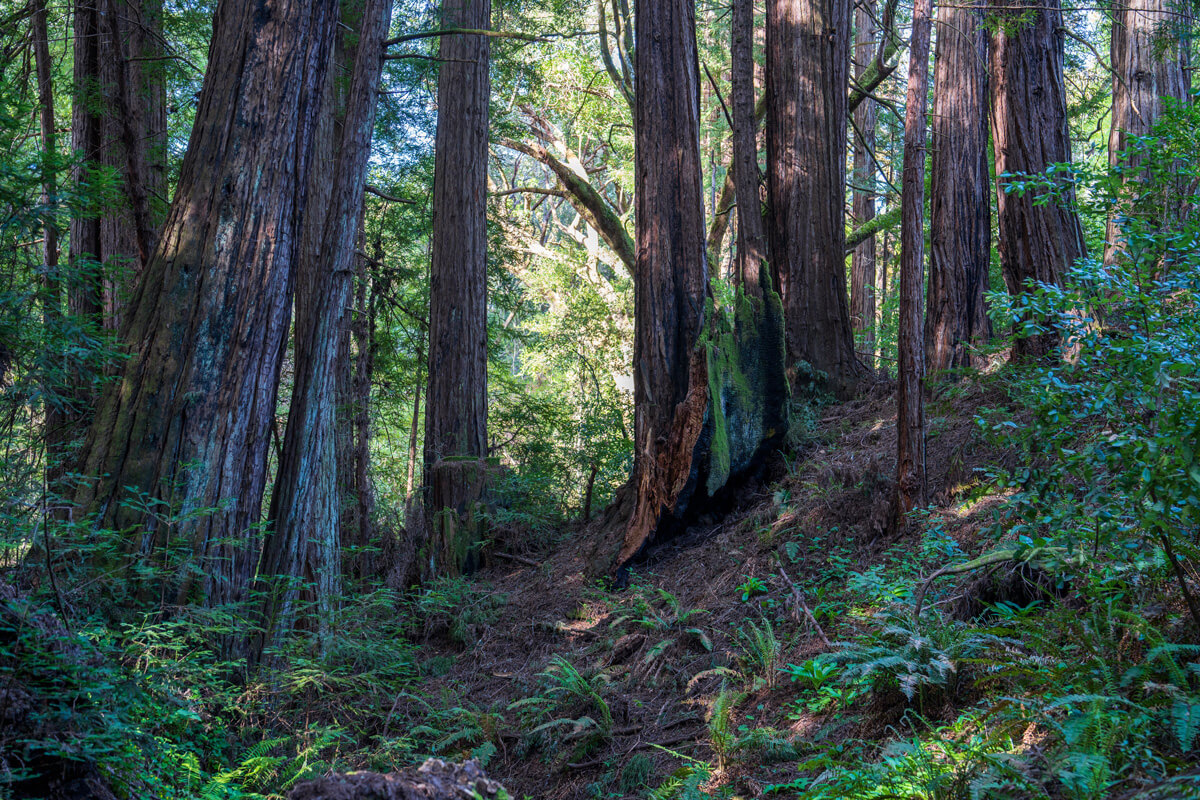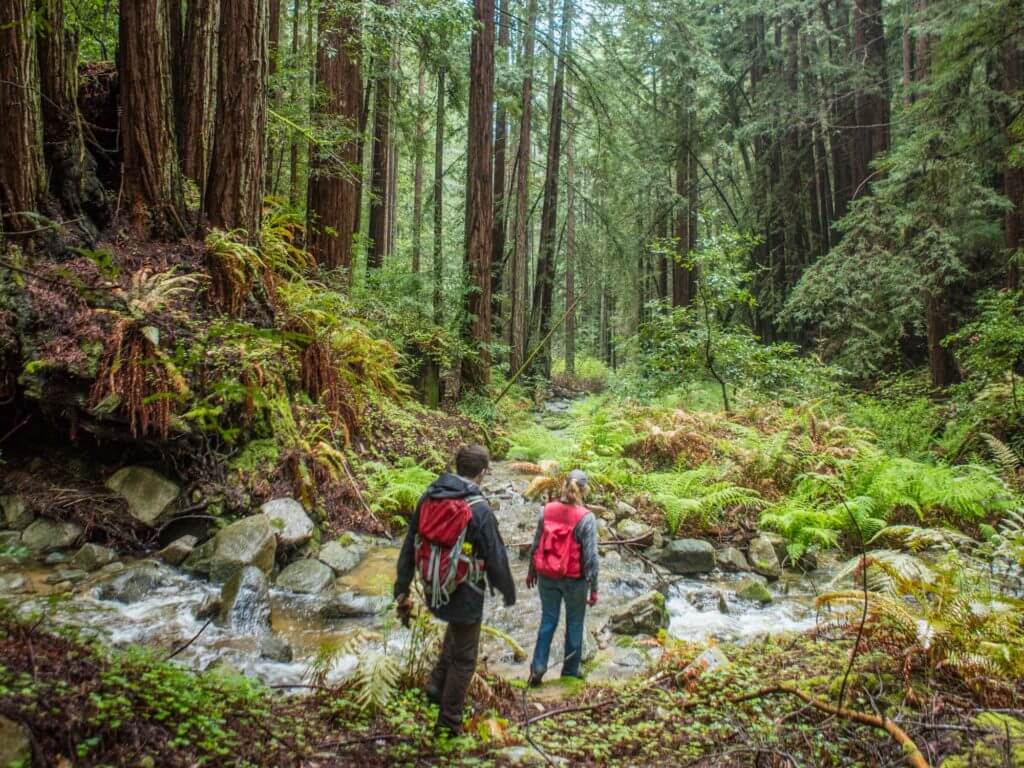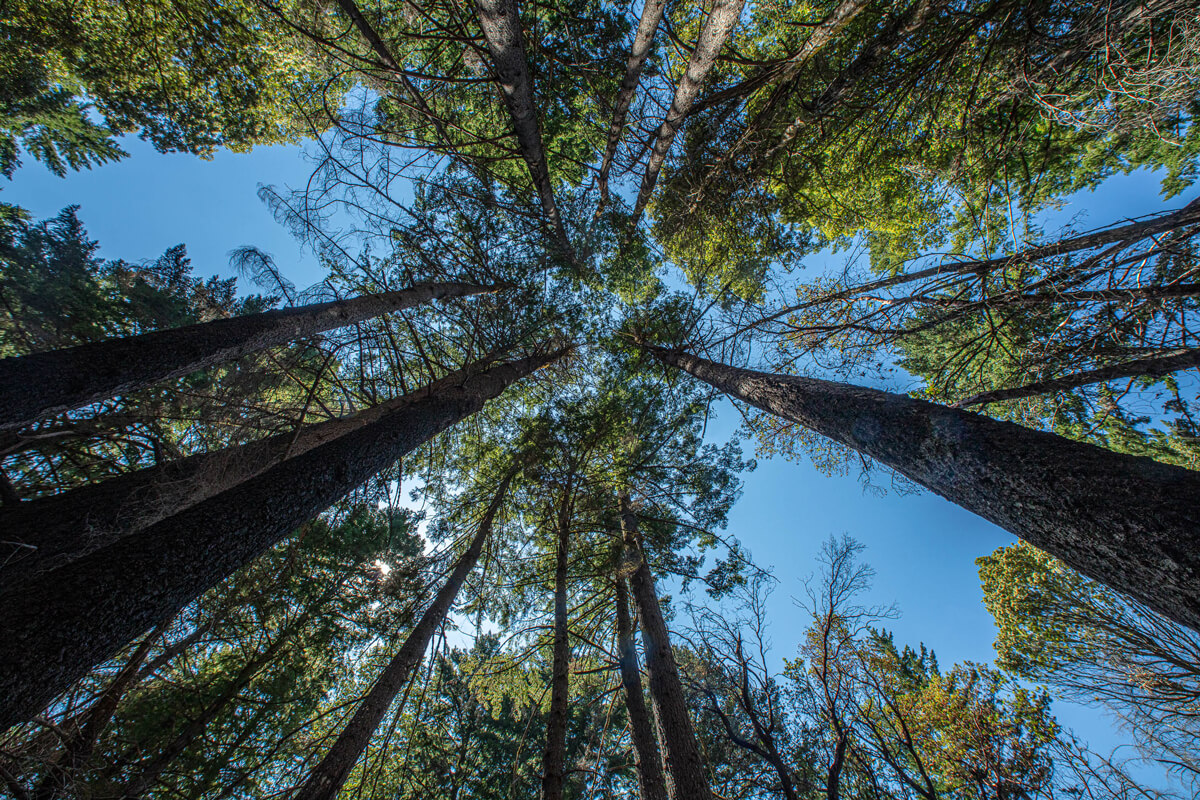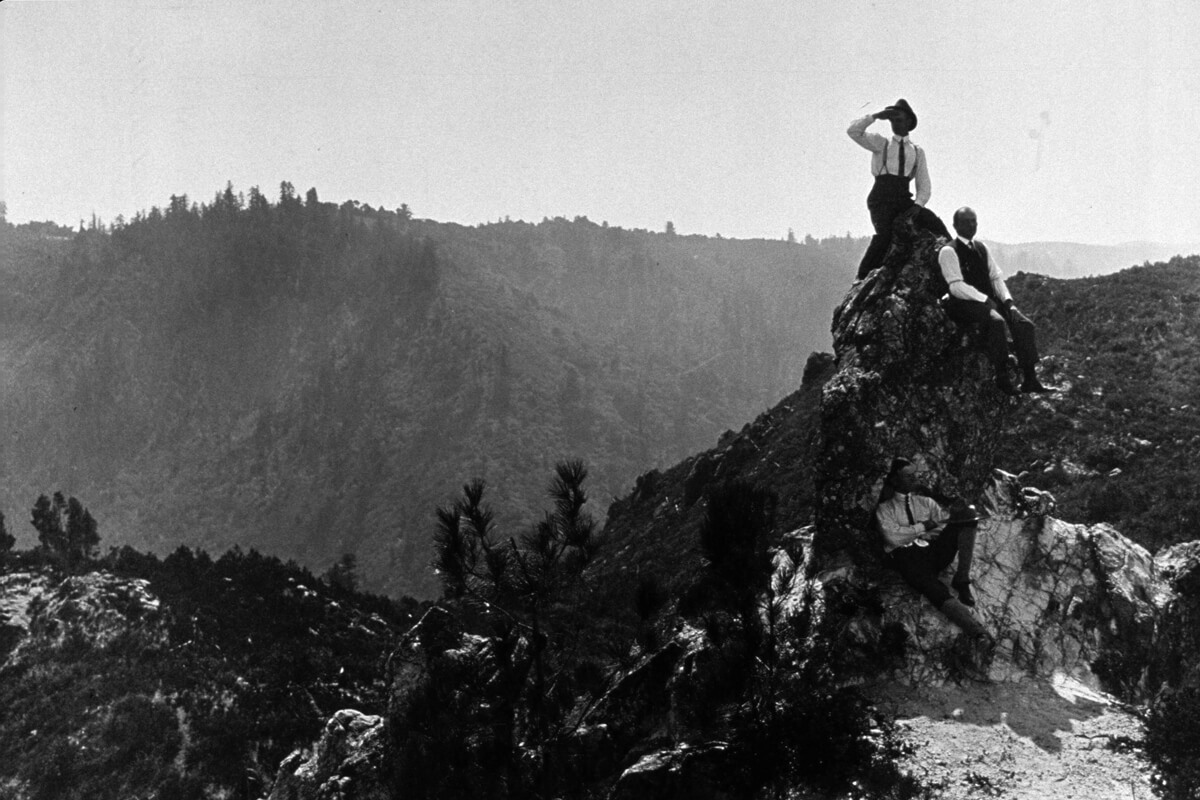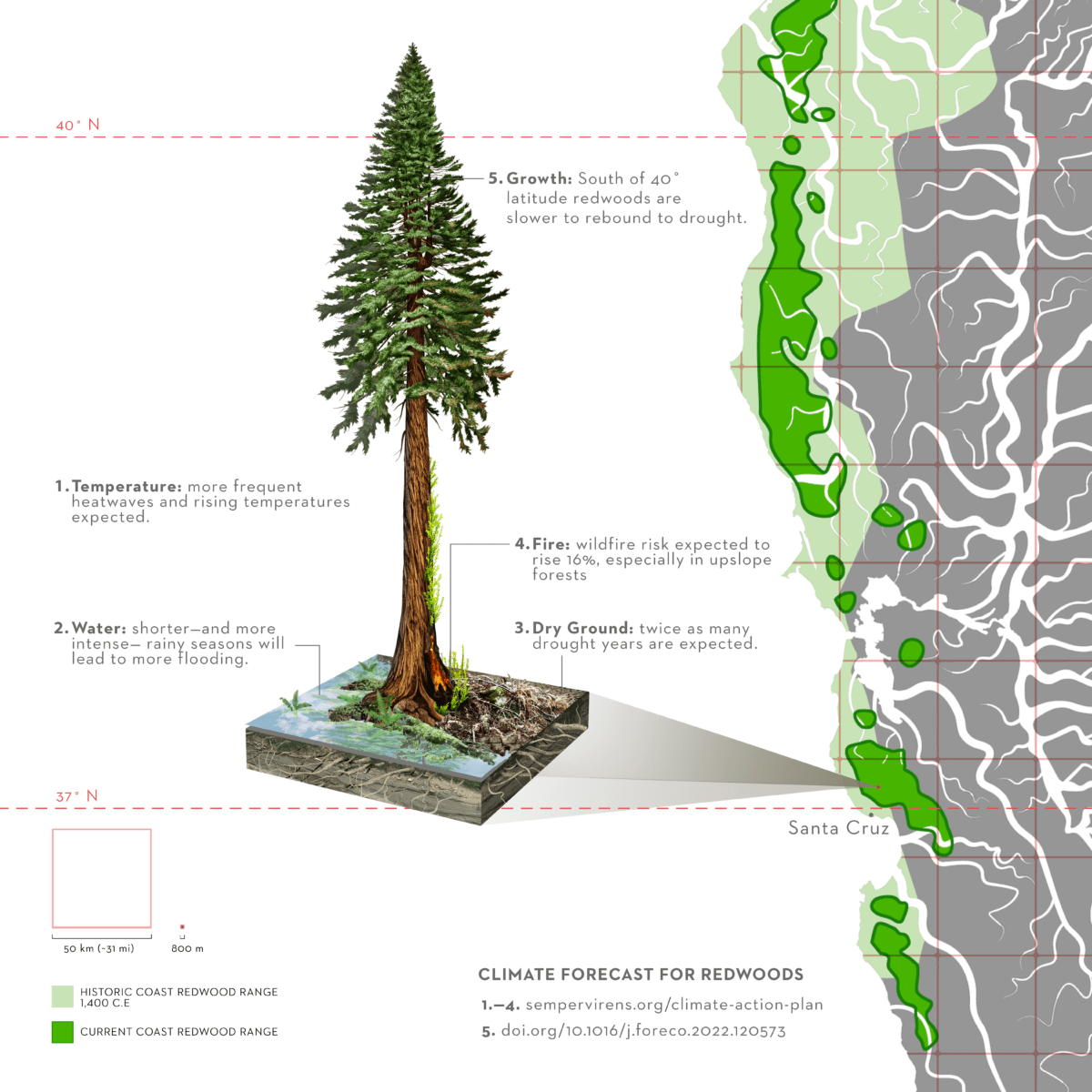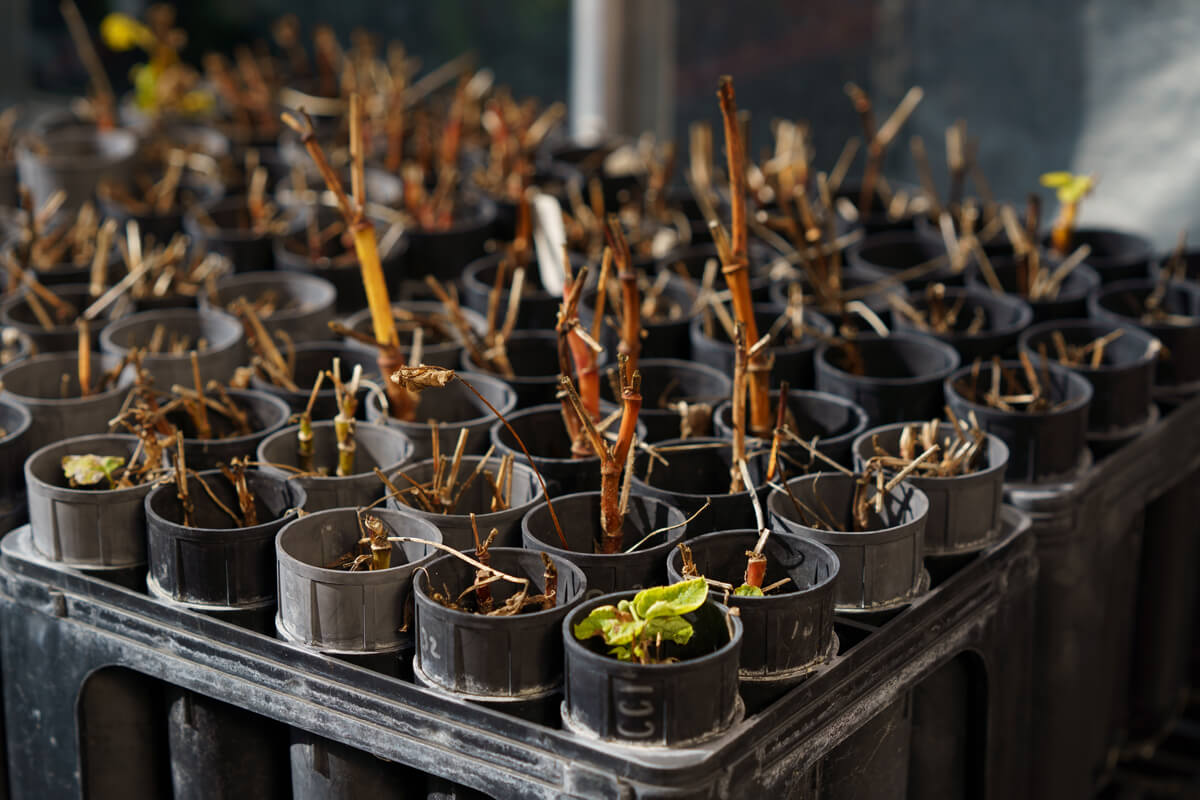Posts Tagged ‘Restoration’
California Climate Bond
With increasingly severe fires, floods, and sea level rise affecting the state each year, California should be rapidly investing to deploy climate mitigation measures and strengthen its resiliency as soon as possible. Ask your legislators to act on a climate bond in 2024.
Read MoreHelp Rebuild State Parks
Help California State Parks rebuild Big Basin, Butano, and Año Nuevo State Parks and protect the region’s incredible biodiversity devastated by the 2020 CZU Fire. Ask state leadership to rebuild State Parks and protect priority lands in the Santa Cruz mountains.
Read MoreAmerica the Beautiful
The vision for protecting and restoring 30% of America’s land and waters by 2030 has a ways to go. Urge state leadership to prioritize conserving and restoring lands, waters, and wildlife.
Read MoreFungi of the Forest: Meet the Mushrooms of San Vicente Redwoods
Mycologist and researcher Maya Elson teamed up with photographer Orenda Randuch for a fungi photo essay to help us meet the mushrooms hard at work at San Vicente Redwoods. Learn identification tips to recognize mushrooms above ground, and their critical work underground to help the forest recover from fire, drought, flood, and human impacts in the fight against climate change.
Read More2023 News: What You’ve Made Possible
Without supporters like you, fewer forests would be protected and habitats restored, and they would be less resilient to fires, floods, and the increasing threats from our changing climate. You have made so many amazing things happen this year for redwood forests, and the people, plants, and creatures that need them. Thank you for protecting forests that help protect us all! Here are a few of the moments you made possible in 2023.
Read MoreNEWS: San Vicente Redwoods Progress Report on Wildfire Resilience Restoration Three Years After CZU Wildfire, Amid Continued Risk
Since early 2022, San Vicente Redwoods partners have treated more than 820 acres, opened 7.3 miles of public access trails, improved community safety, and secured $3 million in funding to continue necessary work in living laboratory of forest restoration. Learn more.
Read MoreFuel for Fire: Framing Forest Resilience Three Years After the CZU Fire
Three years after the CZU Fire, the resilient land is recovering and fire-adapted species are restoring green to the landscape. But these lush signs of nature’s rebirth after fire can quickly become fuel for the next fire. How can we restore these ecosystems from a damaging past for an uncertain future? Take a look through a trained lens to witness the intersection of natural resilience and cutting-edge stewardship techniques.
Read MoreCastle Rock State Park Legacy
Sempervirens Fund supporters like you have helped to create, expand, and keep Castle Rock State Park open over the decades. And we’re not done yet. Delve back in time to see how you’ve helped reimagine Castle Rock State Park as we look to what’s next.
Read MoreRedwoods and Climate Part 4
In the final part of the redwoods and climate series by Julia Busiek, we explore research about how climate change is already affecting redwoods across their range, and how it informs our new plan to save redwoods, and the plants and wildlife that rely on them, before its too late.
Read MoreThe Seedling Saga
Plant a native plant and habitat is restored! Right? The saga of these seedlings, five years in the making, offers a look at the deceptively difficult process and planning that come before planting and the seemingly endless problems that stand between their roots and restoring native habitat.
Read More